- VERA Files
- Posts
- Liwanag
Liwanag
VERA Files is glad to share materials we produced in the last three months to promote transparency and accountability in governance, with support from the National Endowment for Democracy.

In a democratic landscape, fighting disinformation gives more space to free speech and promotes accountability. It’s in that space that accurate facts are shared that empower citizens to participate in shaping a society that we want, not only for ourselves but also for the future generations.
VERA Files is glad to share materials we produced in the last three months to promote transparency and accountability in governance, with support from the National Endowment for Democracy.
*The title for this quarterly newsletter is Liwanag, a Filipino word for Light.
This captures the essence of this newsletter — the shining light of truth amid the darkness created by disinformation.

The Filipinos’ enthusiasm for elections was once again demonstrated with a record 81.65% voter turnout (55,874,700 out of 68,431,965 registered voters ) in the May 12 midterm elections despite the summer heat.
There were reports of malfunctioning voting machines and disorderly procedures, but in general, the conduct of the elections was declared by watchdog organizations as peaceful and orderly. The public has accepted the declared winners in the senatorial and party-list contests.
VERA Files’ Election Day running reports were shared on our social media accounts: Facebook, X, TikTok and YouTube.
We took note of the good citizenship example set by the elderly and persons-with-disabilities to the youth, who composed 60% of the voters, in this elections.
Vote-buying was an open secret at the local level, with rates varying from place to place, depending on the tightness of the race. VERA Files Bohol correspondent Cooper Resabal wrote a story after witnessing a pre-election vote-buying practice there.

Our preparation for the May 12 coverage started way back in late 2024, with the filing of the certificates of candidacies in October.
VERA Files ran a three-part compilation of relevant information about select senatorial hopefuls to help the electorate in scrutinizing and making the choice.
From the Commission on Elections’ official list of 66 senatorial candidates, we narrowed it down to 20, based on the following criteria: reelectionists (incumbents seeking another term), returning (former senators running for a new term), former government officials, members or are backed by major political parties, made it at least once in the top 20 of pre-election surveys conducted by independent pollsters Pulse Asia, Social Weather Stations and OCTA Research.
The 20 aspirants were then grouped into three – reelectionists, returning and first-timers – then arranged alphabetically.
In the series, VERA Files kept track of statements, advocacy, policy agenda, bills authored that have become laws and the aspirants’ consistency in their standpoint on the following urgent national concerns: poverty, jobs and inflation; fighting graft and corruption; West Philippine Sea; drug war; and disaster preparedness.
Each profile also contains the candidate’s legislative agenda, government experience or field of expertise, issues and controversies faced, relatives in government and other interesting facts. Also included are the pertinent fact checks of, or related to the candidate, done by VERA Files Fact Check and its media and academic partners in the Tsek.ph collaboration.
Was this email forwarded to you? Sign up here.

In addition, VERA Files introduced to the voters, independent as well as less-covered candidates.
We produced a 16-minute documentary on the country’s perennial problem of political dynasty, taking off from the challenge that a Harvard-trained community doctor-turned-mayoralty candidate, Eddie Dorotan, did to break the control of the Hamor family on the politics of Sorsogon in the Bicol Region, in the southern part of Luzon Island.
Dorotan was not successful in breaking the Hamor family’s dominance in Irosin, Sorsogon, but political dynasty suffered some dent in other parts of the country. The most talked about set back was in Las Pinas City in the National Capital Region, where the matriarch of the Villar business and political clan lost to an independent candidate.
But the Villars are still very much in business with daughter Camille obtaining a senatorial seat to join brother Mark in the Senate.

The Dutertes also retained their grip on Davao City politics despite the incarceration of former president Rodrigo Duterte at the International Criminal Court (ICC) in The Hague, Netherlands. It’s uncertain though if Duterte can assume the position that he won.
In what is considered a fate-changing happening in the history of Philippine democracy, Duterte was arrested March 11 via a warrant of arrest issued by the ICC for crimes against humanity of murder in connection with the killing of some 30,000 drug suspects in the course of his brutal war on drugs.
The arrest spawned a surge of disinformation, which continued up to election day, most of them in visual platforms.
The disinformation machinery of the Dutertes and their supporters has not slowed down after the May 12 elections. There are indications of it gearing up as the Senate prepares to convert itself into a court for the impeachment trial of Vice President Sara Duterte starting July 30.
How did you find today's newsletter edition? |
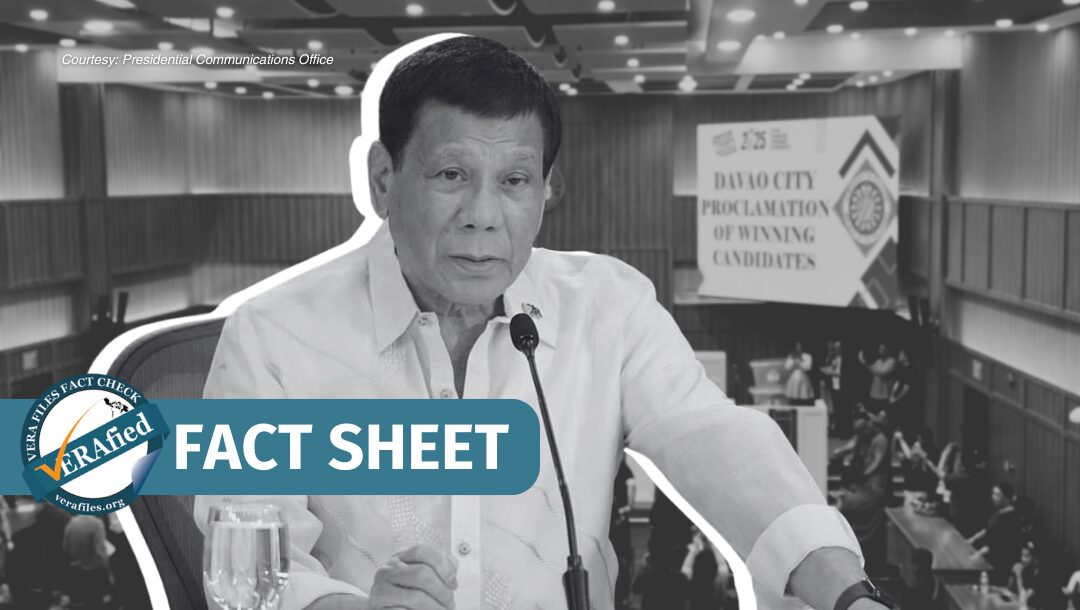
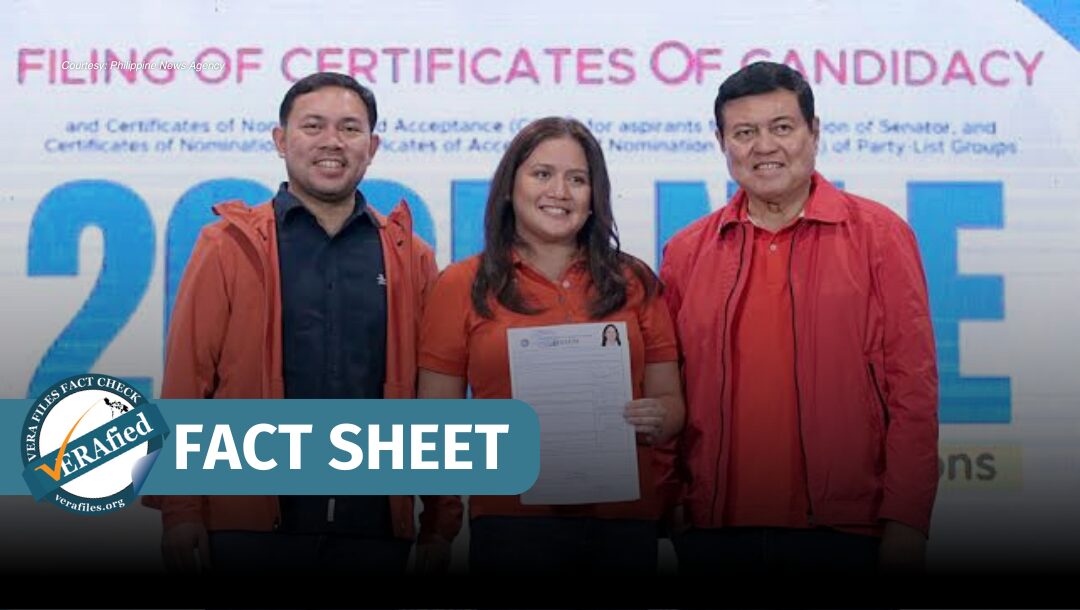
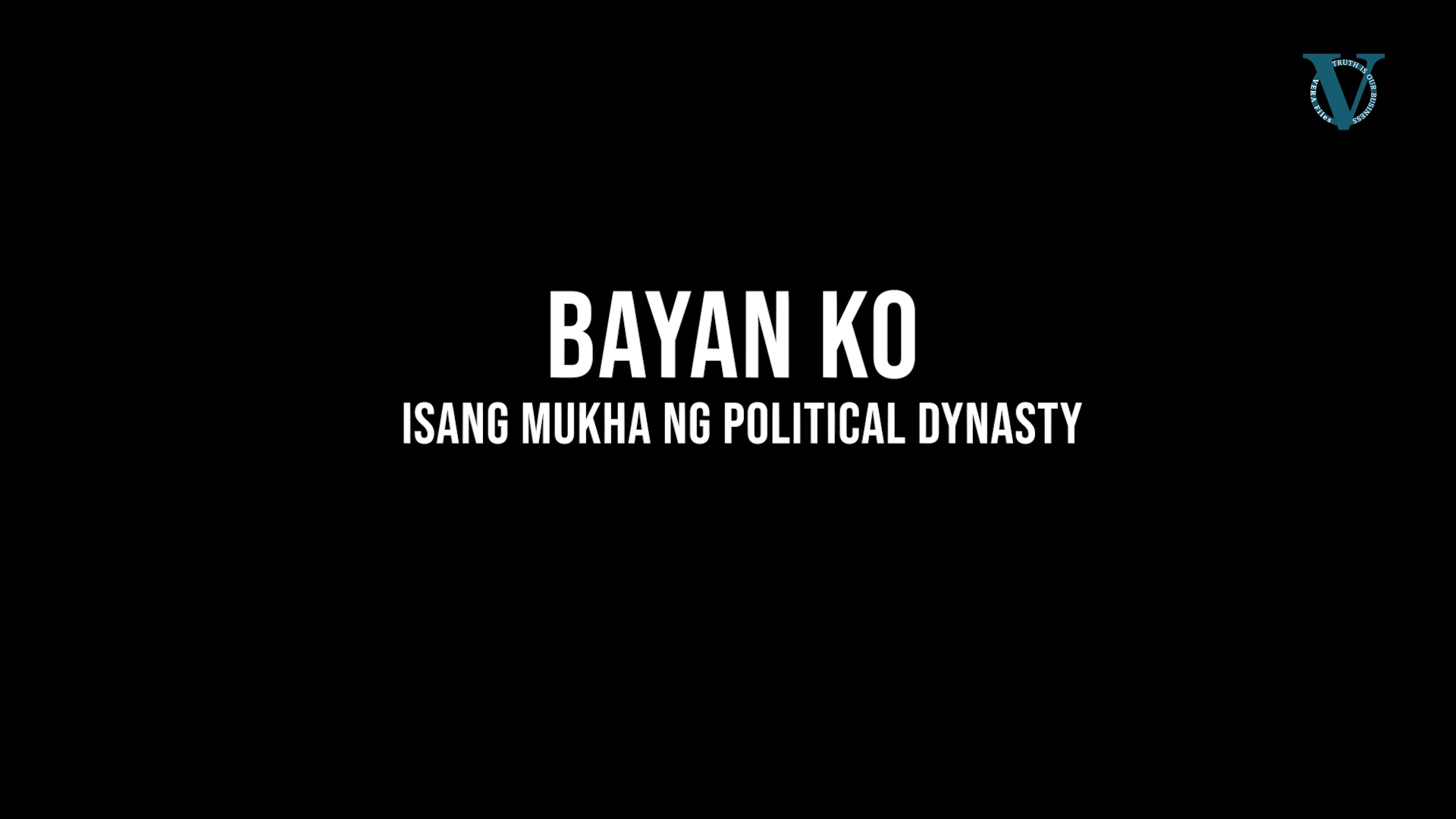
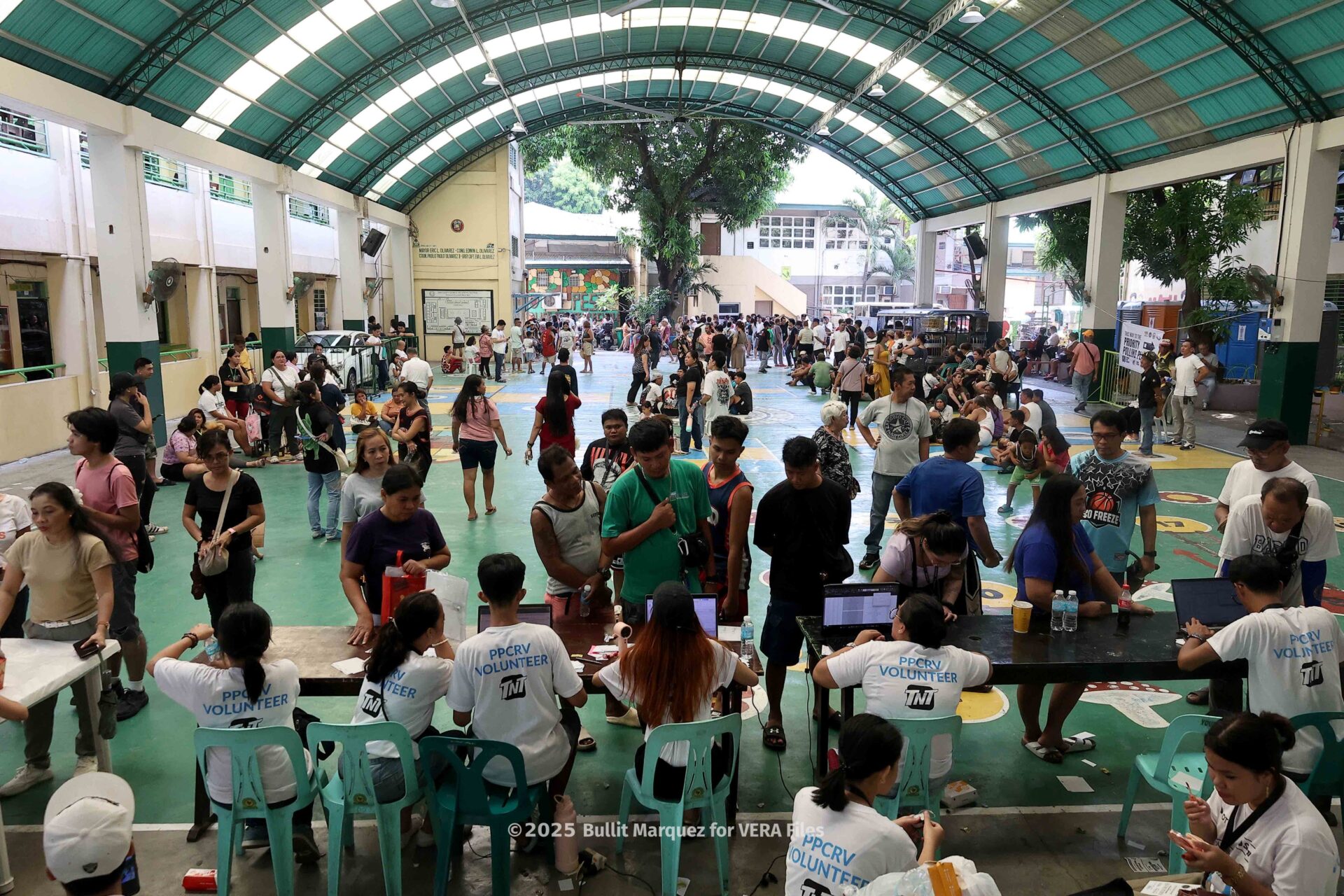
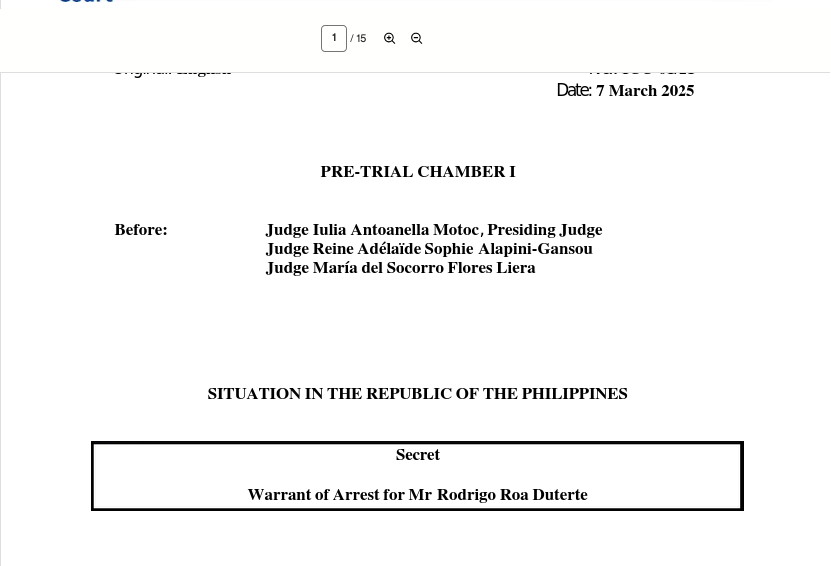
Reply